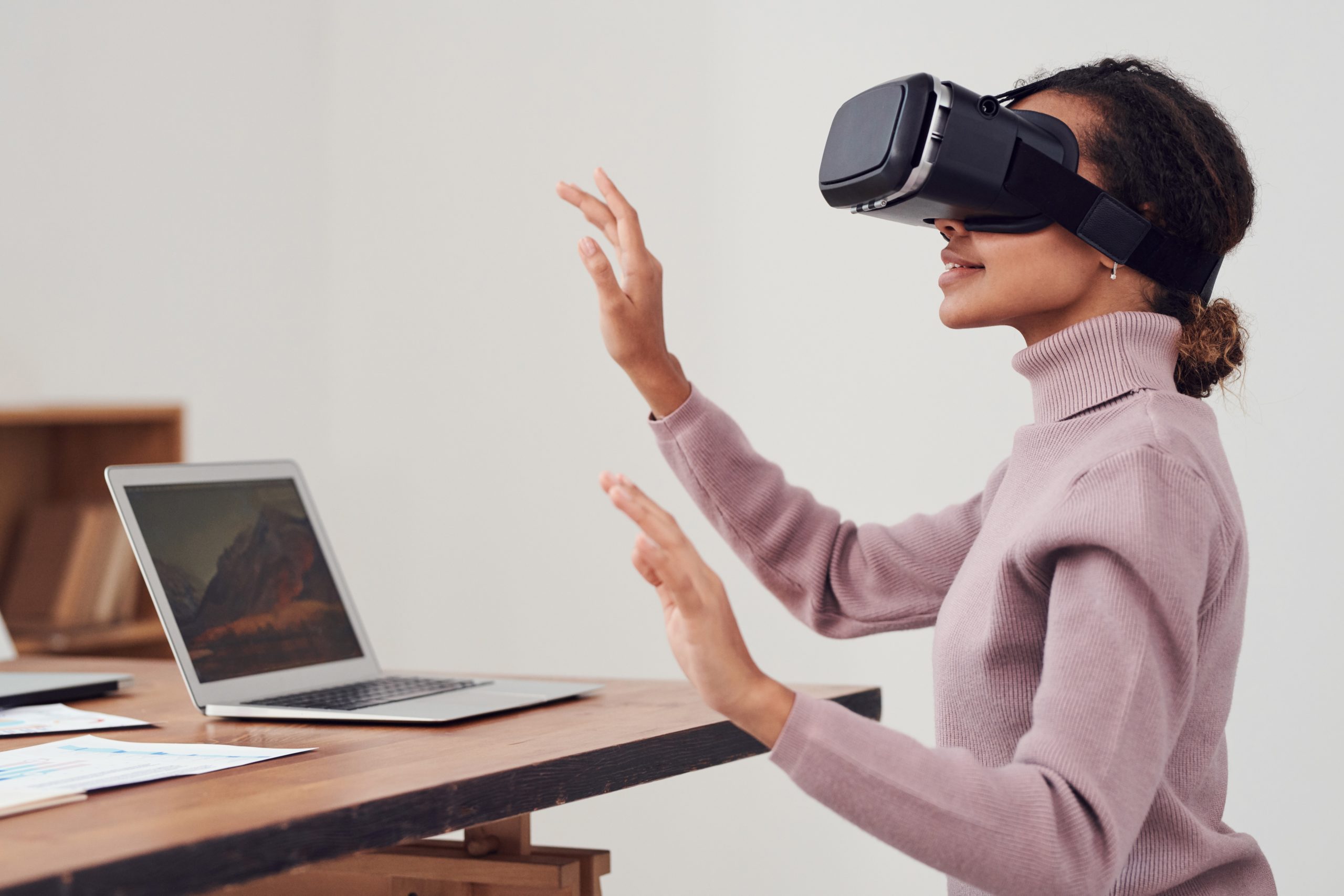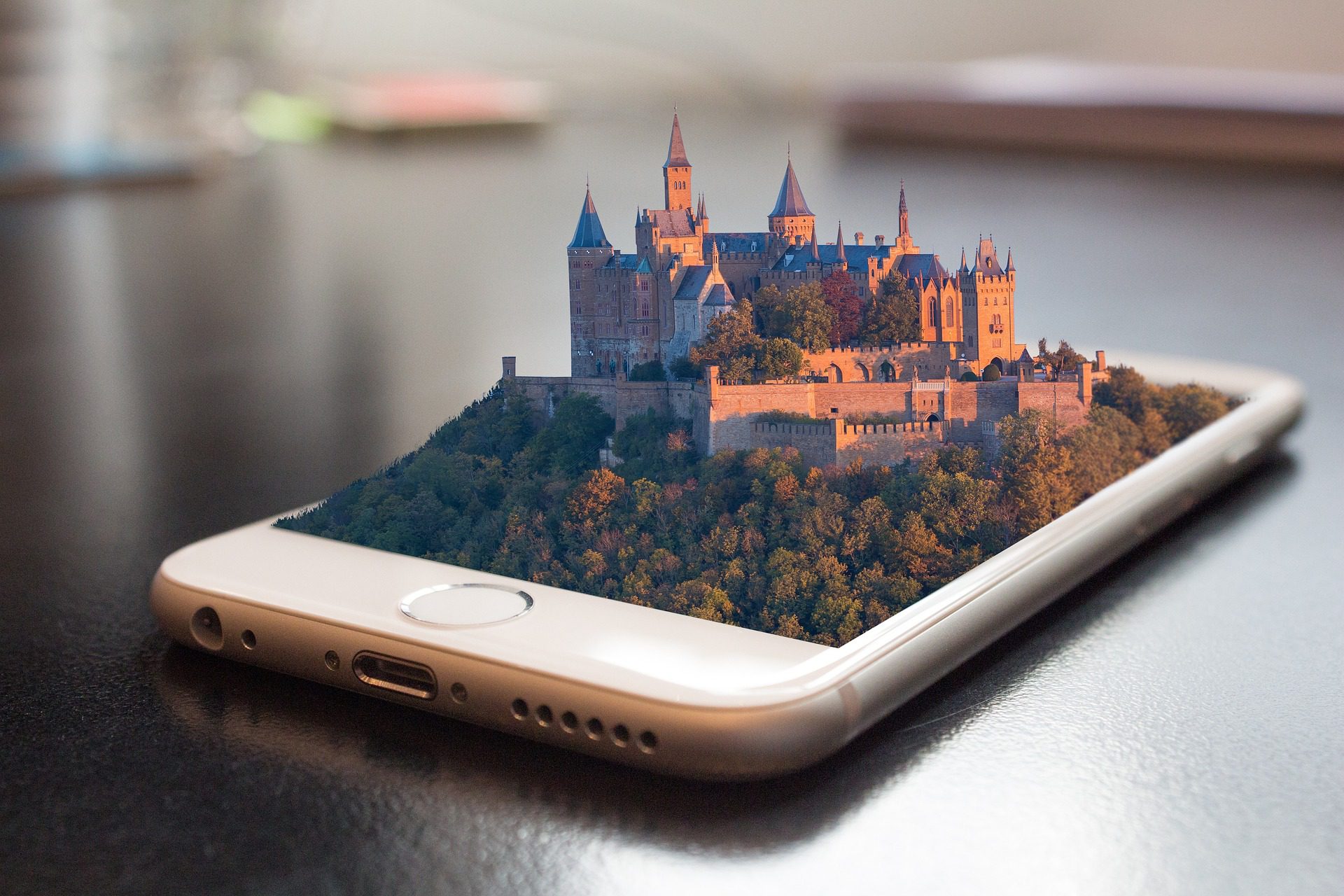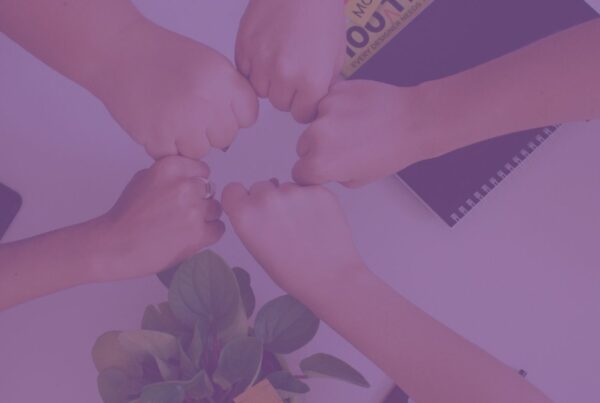We don’t mean to beat a dead horse, yet we’re saying it again: the pandemic has drastically changed the events industry and sped up the evolution of virtual and hybrid events. The process is not over, either. On the contrary: we have just begun! The future of the events industry is uncertain, but today’s #EventIcons guest thinks that it’s going to split into two huge chunks: one belonging to the digital event planner and the other one to the in-person event planner.
Jason Koop is a writer, influencer, and the VP of business development at the Canadian Special Events Magazine. Above all, he is a fan of the events industry and is excited to see what the future will hold. Once he tried out VR, his mindset shifted forever. So, press play and get iconic with us!

A Fan Of The Events Industry
As usual, Sarah first asks her guest of honor how he got into events. Many guests have credited their college experiences or sheer coincidence for their careers, but not Jason. He is where he is today because of love. “I met my wife. My wife is Stacy Wyatt, the founder of CanadianSpecialEvents, the Canadian Special Events Magazine, the Canadian Event Awards and a few other things.”
“At first, I was just looking over her shoulder and helping out where I could. Then, I grew to love the people, the business, and the experience. I’m not a planner or a producer, although I’m certainly a part of creating the events that we produce. What I think I am more than anything else is a fan: a fan of the experiences that event planners are producing, designing, and creating.”
Digital Events Are In Their Infancy
Sarah asks Jason to share with the audience what experience got him thinking about the future of the events industry and its split into two distinct worlds: the world of in-person events on the one hand and digital events on the other.
“It all started with the true VR demo that we did. It was my first look at what the digital experience with VR could be. We’re going to be coming out of the pandemic and I know that people are tired of Zoom calls. If the digital event experience stayed exactly the same five years from now as it is today, I’d say there is no opportunity in digital events because it doesn’t offer any kind of an experience,” he says. “But we’re at the very beginning of this digital event thing. And I think that digital has too many advantages to slow it down now that the door has been opened.”
“I’m a fan of the in-person experiences and I always will be. These past 12 months have even put a premium on that experience. But digital is much more accessible. I mean, everybody has a phone now! So at some point, everybody’s going to be able to get into these events. As technology advances, the events themselves are going to offer an experience that’s separate from in-person. So right now, a lot of planners are trying to replicate the in-person experience digitally. That sucks for the most part, but we’re real close to getting to a point where we can remove the disconnect between ourselves, our avatar, and the environments within which we’re engaging. And once we get there, the sky’s the limit in digital events. And digital event planners who adopt this early are going to be the ones who succeed. Digital events right now are in their absolute infancy.”
It’s Not A Pivot, But An Evolution
“You might have noticed that I don’t say virtual events because I hate the word virtual. There’s nothing virtual about a Zoom call,” says Jason. Sarah asks him to elaborate, since many use the words digital and virtual interchangeably.
“To make it a virtual experience, you need to remove that disconnect and truly immerse yourself into the event. In that VR demo, I was struck by how easy it was to suspend my perception of reality. This technology is in its infancy right now, but 10 minutes into this thing, I was starting to forget that I was wearing the headset. Now imagine where we are three or five years from now. The digital event industry is a real market. It’s not a pivot, it’s an evolution,” he says.
“We should be thankful for that as event professionals because it makes our industry far larger,” he adds. “However, it’s going to change the type of planners that are coming into the market. Our industry has not been an early adopter of technology for the most part. And some people will say that that’s the planner’s fault. But in my opinion, planners are entrepreneurial and they push themselves. They want to be better, but most of them didn’t get into the industry because they are fans of technology. And frankly, a lot of the early event technology just wasn’t very good.”
In this past year, we all talked a lot about virtual event platforms, but in Jason’s opinion, many event planners still don’t know their way around them. “Tech companies often over-promised what they were able to do. And in the end, it turned out to be more work to put together and manage everything on a digital event platform that you took a week to learn and still don’t know. When you’re planning events, you can’t depend on something that you don’t fully know. There hasn’t been any real early adoption of technology in this industry, but the pandemic changed that because they didn’t have any choice and that opened the door,” he says.
The Digital Event Planner Is Not An In-Person Event Planner
“This market is only going to grow. And the digital event planner is going to be different planner,” says Jason. “They’re going to have to understand the technology and they will plan a virtual or a digital event from the ground up. I think we’re going to see an expansion of the digital market. That’s why I talk about the two markets diverging a little bit, because I don’t think you can specialize in both because they are such specific experiences.”
Digital event planners can be incredibly creative. “You can create digital event venues on the rings of Saturn if you really want to. Just imagine a very special concert that attracts 50 million people rather than a hundred thousand! I’m excited about it because it’s something that’s completely new for us and because we’re really close to removing that disconnect. Look at some of the guys designing video games right now. Now, imagine those guys designing virtual experiences for people!”
“It’s already happening with the Fortnite concerts, for example,” says Sarah. “And I agree, we’re seeing a lot of pulling from different industries while events used to be on their own little island.”
Navigating The Split Between Digital & In-Person Experiences
Now that they both agree about the infinite potential of digital experiences and the power of VR, Sarah asks Jason what would be a good way to navigate the split between digital event planners and in-person event planners in the industry.
“How to navigate the split? I’m not sure. Do I think they’re going to be two different planners? Yes,” Jason answers. “At least at the top. I think that the best in-person professionals are going to remain that. Meanwhile, the best digital planners, creators, designers, and programmers will rise to the top. And then in the middle, there’ll be some hybrid guys. But the overall effect on our industry is expansion and growth. Our industry is moving away from events as specific ideas and more into experiences. Marketing and PR companies are coming into our field now, as are developers and programmers,” he says.
Digital Event Planner, Start Now!
Finally, Sarah thanks her visionary guest for joining her on the #EventIcons podcast and asks him to give the listeners a farewell tip. “Start now,” he says.
“Whatever you’re going to do, start learning as much as you can, start talking about it, promoting yourself, writing content. If you have an enthusiasm for the digital industry, don’t be discouraged if six months from now, nobody wants to do a digital event again. I probably don’t want to do digital event six months from now either, but it’s a market, not a pivot – and it’s definitely going to grow.”
While the distress that the pandemic has caused cannot be overstated, there is at least a silver lining to it. Thanks to the digital revolution, immersive digital and virtual experiences are just around the corner. See you in three to five years on the rings of Saturn!












